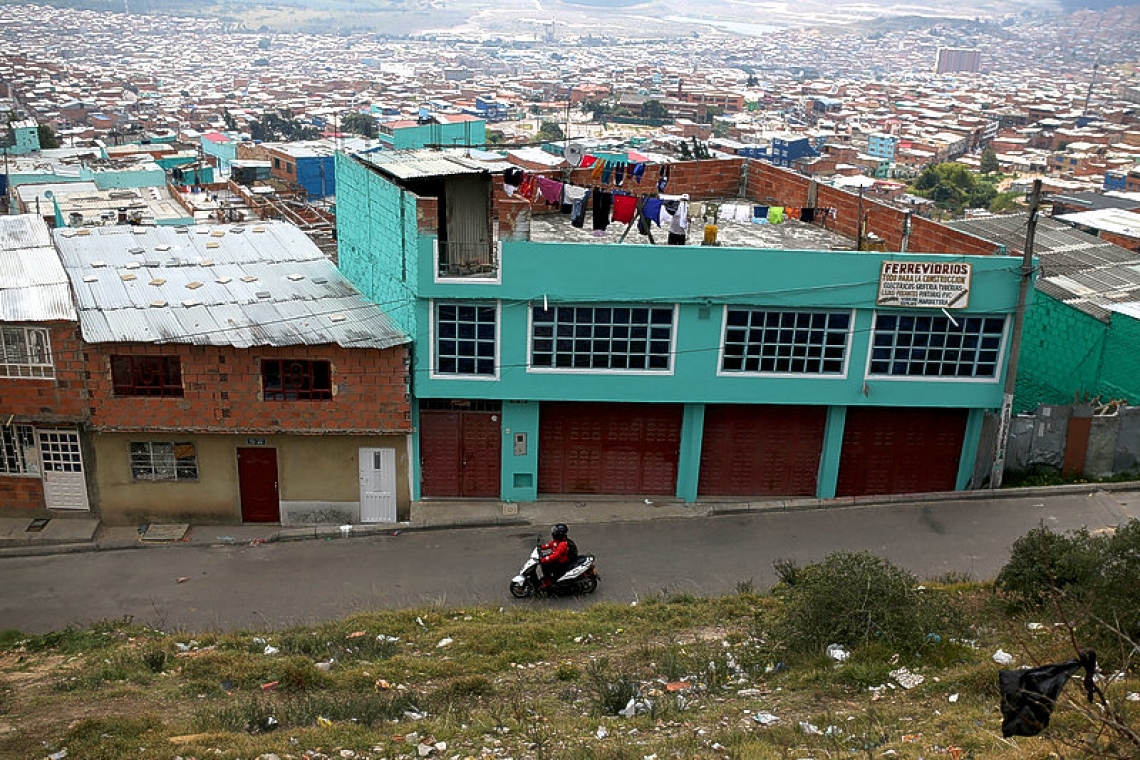BOGOTA--A coronavirus lockdown policy that lets men and women leave the house on alternate days has exposed a gender divide in Bogota within days of being introduced, while Peru has dropped a similar scheme after finding it made women's days busier.
The Colombian capital this week joined two countries in Latin America - Peru and Panama - in introducing sex-based lockdown rules to limit the number of people leaving their homes and make it easier to enforce the quarantine.
In the first two days of the measure being implemented, there was a 60% drop in the number of people at supermarkets, according to data by local merchants' association Fenalco. But Fenalco also found a marked difference in men's and women's behaviour - in one area of the capital, 1,500 women went out on their allotted day, compared to just 900 men. Women also tended to spend just 15 minutes shopping, while men took 45 minutes.
Mariana Lopez, a shop cashier, was among residents who questioned whether the sex-based rules would work. "I don't think it makes much of a difference as there are still many delivery people on the streets and cycling around and they are all men," she said.
In Peru, the gender-based lockdown was scrapped after just over a week following criticisms that it discriminated against women, who usually do most of the shopping and domestic work. Farid Matuk, a member of the Peruvian government's coronavirus task force, said it had been a mistake to introduce the measure in a "patriarchal world" that resulted in higher numbers of women out shopping on the days they were allowed.
The move to separate men and women in public has also been criticized by LGBT+ rights groups, who cite the case of a trans woman in Panama who was detained by police and fined $50 for going outside on a day reserved for women.
In Bogota, a city of 8 million people that has been under a strict lockdown since March 20, transgender people are allowed to circulate "according to their gender identity," the mayor's office has said in its decree.
In Latin America and the Caribbean, about 4,000 people have died of the coronavirus.
Death tolls from the pandemic spreading around the world point to men being more likely than women to contract the disease and to suffer severe or critical complications if they do. Experts cite lifestyle factors - in some countries men are more likely to smoke or drinks and be overweight - and the fact women's immune system is typically more aggressive than men's.







